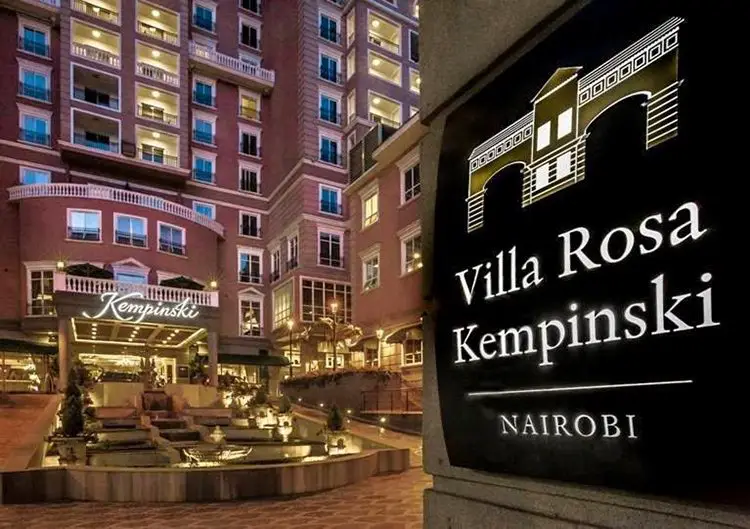One of Kenya’s well known engineering firms, Ali Seif Consulting Engineers, is turning 20 this year. CR traces the firm’s path to its present status as a recognized engineering consultancy in the region.
Although Kenya now boasts a sizeable number of qualified engineers, the number of practicing professionals who can be counted on to undertake complex projects is still low. The country has about 5,000 graduate engineers but only about a quarter of this number are registered engineers. These few professionals cannot adequately serve the growing need for engineering services in the country where new mega projects are being unveiled every now and then.
Demand for qualified and experienced engineers is therefore quite high and the few who fit into this category are constantly engaged.
Ali Seif Consulting Engineers, a firm of electrical, mechanical and technical engineering consultants, is one of the professional firms filling this void in the construction industry. Although the firm is marking 20 years since its inception in 1995, the principal engineer behind the firm has practiced for over four decades and is therefore one of the most experienced consultants in the country. Engineer Ali Seif Mohamed Seif, or Ali Seif as he is popularly known, is a 1972 B.Sc. Engineering graduate of the University of Nairobi with extensive post-education credentials.
He is a Chartered Engineer, Council of Engineering Institutions (UK), Member of the Institution of Engineering & Technology (UK) and a Member of the Association of Consulting Engineers of Kenya (ACEK). He is registered with the Engineers Board of Kenya (previously known as Engineers Registration Board). At Ali Seif Consulting Engineers, he is in charge of electrical and mechanical engineering services including design, supervision, contract management and cost control.
The story of Engineer Ali Seif and his consultancy begins during his time at the University of Nairobi. If the situation with engineers is dire today, it was acute back then. He plunged into the profession as a trainee engineer with Kenya Power & Lighting Company in 1970 where he was involved in the maintenance of and installation of power distribution equipment and power lines of up to 11KV. In 1971, he held a similar position at Bamburi Cement factory (Lafarge Group) where he used to carry out repair and maintenance of power and control systems in the factory.
Between 1972 and 1994, Eng. Seif was with Danish firm, Bikroconsult, where he rose to the position of Director in charge of Electrical and Mechanical Engineering Services. His docket included preliminary and detailed design, supervision, contract management and cost control.
At around the same time, Eng. Seif was also Project Engineer with Carl Bro International where he was responsible for project management and quality control.
But it was as at Bikroconsult that he acquired most of his early experience and got exposed to global standards in electrical engineering. Back then, Kenya was still a major recipient of foreign aid that was being channeled to public sector projects such as health, agriculture, transport infrastructure and education. But political intrigues eventually crept in and the hitherto rosy relationship between Kenya and Western donors cooled. This eventually saw some of Eng. Seif’s partners exit the country. It was at around this time that he made the decision to launch his own consultancy.
Today, Ali Seif Consulting Engineers is an engineering powerhouse in the country and beyond. Presently, Ali Seif employs three engineers and one CAD technician. The firm has been involved in numerous projects including some of the region’s most prestigious developments such as Hotel Villa Rosa Kempinski, Sankara Hotel, Kigali Serena, The Junction Shopping Mall, Westgate Shopping Mall, RAF University and Eden Square among many others. The firm is also working on Mihrab, a major complex in the Kilimani suburb of Nairobi.
Looking back at the 20 years he has overseen his firm’s growth, Eng. Seif feels a sense of pride and is optimistic about the future of the consultancy. “I want this to be a prime engineering consultancy in Kenya”, he says, obviously an understatement given the volume and scope of work the firm has already handled.
He is happy with the business climate in the country and feels that although there are good legislative controls being put in place to govern the engineering sector, more needs to be done. He is also wary of new players in the market who have not been placing due premium on professionalism, hence undermining credibility of the sector.
Ali Seif Consulting Engineers – Marks 20 Years
Published on May 27, 2015

Leave a Reply